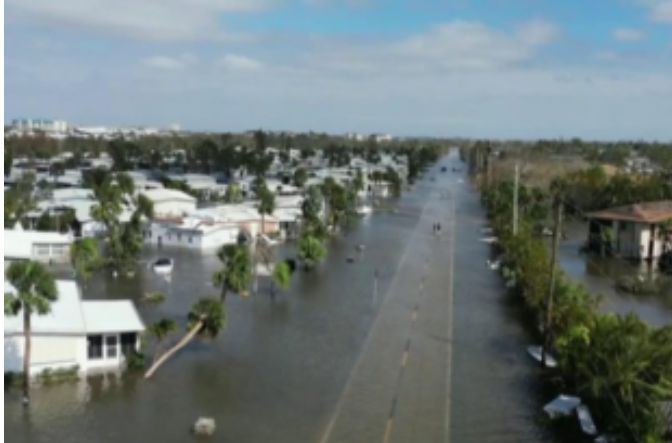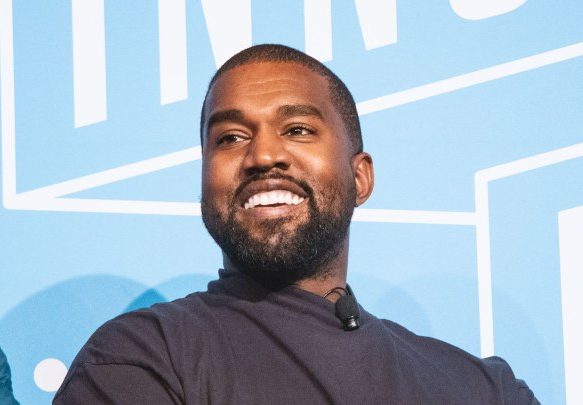Robert Kiyosaki believes ‘crash has begun’ — His 6 ways to use it to your advantage

Robert Kiyosaki, financial influencer best known for his “Rich Dad Poor Dad” franchise, recently posted on X that he believes a significant economic downturn, or “crash,” has started. Such periods, he said, are challenging but present unique opportunities to acquire wealth.
Kiyosaki outlined six strategies to leverage during a crash to increase your chances of getting rich. Here’s what he said and which parts of his advice you can integrate into your own financial strategy.
What’s a Financial Crash?
A financial crash is a rapid and significant decline in asset values across various markets, triggered by economic disturbances, policy shifts or unforeseen global events. Such downturns can lead to widespread economic hardship, affecting employment, savings and investment returns.
In recent years, the global economy has witnessed several significant market crashes. The 2008 financial crisis was triggered by the collapse of the housing market and high-risk mortgage-backed securities, leading to a loss of more than $2 trillion in the global economy. More recently, the 2020 downturn induced by the COVID-19 pandemic saw rapid declines in stock prices and a severe economic slowdown.
Kiyosaki’s 6 Rules for Navigating a Crash
1. Don’t Catch Falling Knives
Kiyosaki advised against impulsive buying during market dips. As stock prices tumble, it’s tempting to try buying a good company’s stock at a discount. Kiyosaki cautioned, “don’t catch falling knives,” which means to wait until asset prices stabilize and avoid purchases during a steep decline to prevent losses.
2. Study
Education is crucial in investment. Kiyosaki stressed the importance of learning from various sources, including YouTube, where he said advice can either be good or questionable. He suggested investors spend time finding credible sources and understanding different perspectives.
3. Networking
Kiyosaki encouraged building relationships with persons with similar financial aspirations and distancing oneself from those who do not take accountability for their financial decisions.
While networking with other people who share your interests may generally be beneficial, it can also lead to echo chambers where new ideas and necessary critiques of financial strategies are not discussed. This should be avoided.
4. Start a Side Hustle
In the face of AI and automation threatening traditional jobs, Kiyosaki sees entrepreneurship as a safer, more lucrative path. Starting a small business allows individuals to control their financial destiny and potentially secure their economic future.
Of course, potential entrepreneurs must be prepared for the possibility of failure and ensure they have adequate support and resources. It can be a good idea to keep your business as a side hustle until it makes enough money to replace your current source of income.
5. Choose Great Teachers
Kiyosaki highlighted his trusted advisors in various fields, suggesting that learning from experienced individuals can provide valuable insights. However, he cautioned about the influence these figures can have on one’s financial thinking.
Poor mentorship can lead to misguided strategies and financial losses. Over-reliance on specific financial influencers can deter independent thinking and decision-making.
6. Don’t Save Cash
Kiyosaki argues against saving in fiat currencies like the U.S. dollar, which devalue over time. Instead, he recommends investing in assets like gold, silver and bitcoin, which he believes will hold or increase their value in a downturn.
Some of the best advice is not to put all your eggs in one basket, whether that’s fiat currencies, gold or stocks. Try to split your money into uncorrelated investments — investments that do not usually go up and down in value together. That way, a crash in one market does not wipe out all of your investment value at once.
Source: finance.yahoo




